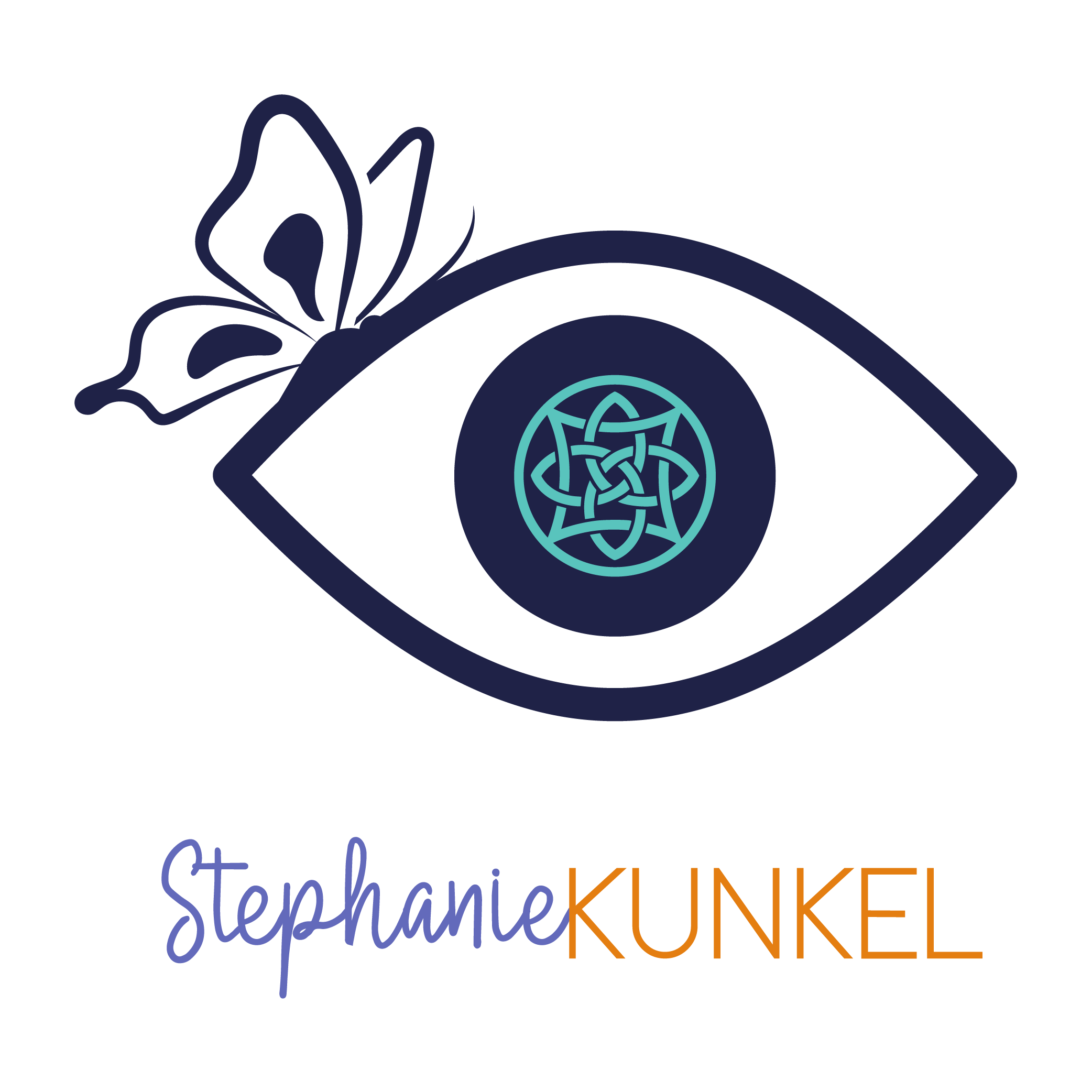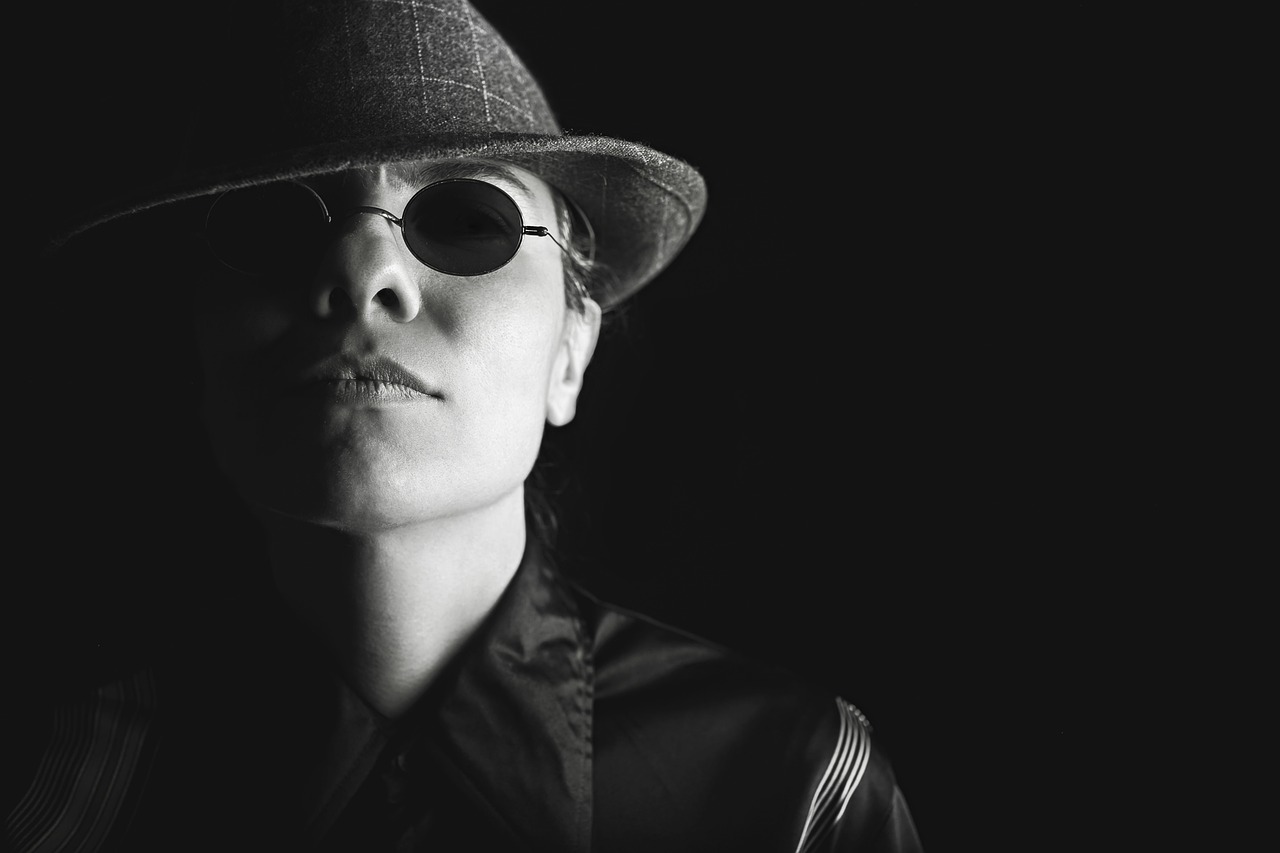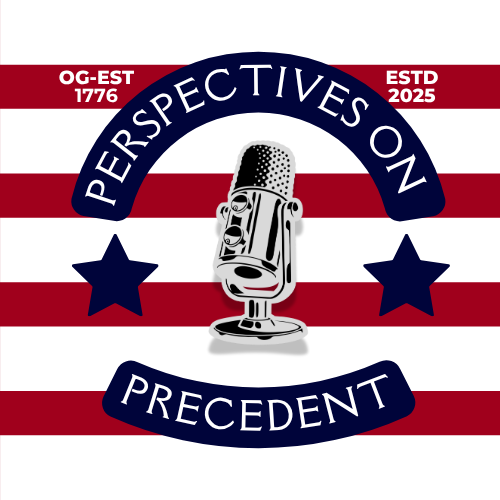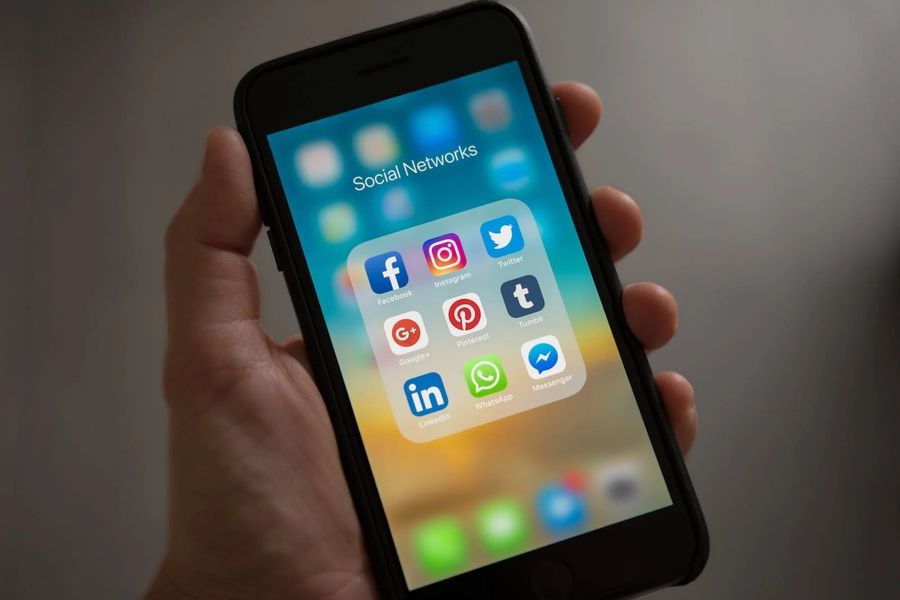The pursuit of happiness: the all-encompassing idea that happiness is fleeting and elusive. The idea that we must seek it out somewhere in the distance, rather than find it within ourselves.
In America we are so addicted and attached to this “chase.” We truly believe that the “freedom” to chase down the feeling of happiness is so important that it isn’t a mere privilege, but a right.
“We hold these truths to be self-evident, that all men are created equal, that they are endowed, by their Creator, with certain unalienable rights, that among these are life, liberty, and the pursuit of happiness.”
Preamble to the Declaration of Independence
If you’d like a break down of this sentiment, you can follow along on my soon to come podcast journey. I’m working to re-assess our founding documents with modern day and historic understanding.
Language is a way to a shared or divided meaning.
So, lets break down “life, liberty, and the pursuit of happiness.” The word “life” holds a lot of conundrums with 24 definitions in the Mirriam-Webster dictionary. “Liberty” with 4 very different definitions; and “happiness” with 3 definitions (including 1 that is obsolete and all of them subjective.)
The 3 ways that happiness is defined:
1. As a “state of well being and contentment” (feeling or showing satisfaction with one’s possessions, status, or situation.)
2. “Aptness / felicity” (which simply means “fitted or qualified”
3. “The quality or the state of being happy” respectively.) and the obsolete definition is “Good fortune / prosperity.” (No wonder why we conflate money and happiness.)
The interesting thing is that the etymology of the word happiness comes from Happ – which is an old norse word meaning “luck” or “Chance,” and haepic which is old English meaning “equal.” Is happiness really just the luck of finding a “point of land running into the sea?” (1)

So, what IS happiness?
That’s the billion dollar question isn’t it?
Buddha believed that happiness came from within. In the Christian and Jewish Texts there are many ways to “happiness” but all of them agree that lasting happiness rests with “God.” (2) In the Qur’an, happiness refers to a permanent state in paradise and a temporary state of physical joy in the world – but distinguishes between the two and speaks of one being fleeting. (3) According to Hindu there are two types of happiness. The first is happiness that comes from achievement and pleasure, and the second is happiness that comes directly from God. (4) According to several less religious resources the word happy is simply a satisfaction with one’s life.
The gist here is that Happiness in it’s modern day meaning is highly subjective. Happiness comes from what we believe, what we feel, and what we understand to be truth. It’s impossible to say that Happiness is any one thing, one way of life, or one truth. So, instead of asking “What is Happiness?” The real question that we should be asking is “what is happiness to us?”
Happiness is a changing feeling. Things that have made you happy in the past may not continue to make you happy. And things that never made you happy as a child, may be positively delightful as an adult (like napping.) So, do you know what happiness is to you? Do you know what truly lights you up and makes you feel whole, satisfied, bubbly, gitty, warm, and “happy?”
The chase…
So, if your right is to the pursuit of happiness, then how do we pursue something we don’t even truly understand. Is happiness a belly laugh from a child playing peekaboo, or is it the feeling of peace and contentment we have when everything is going right? What if it really is wealth and power, or status and reputation like so many of us believe? What if it’s found at the point where the land meets the sea or at the end of a rainbow?
Those all seem like things we could pursue, yes? Things we could make happen, or maybe more accurately – situations what we could put ourselves in to experience those things. But what if it’s all of it? What if it’s none of it?
The kicker.
The kicker, the winning point… Is happiness actually any of those things?
Here are some questions to think about:
- What if it isn’t found in our status, our wealth, our state of being, or our pleasures?
- What if “happiness” is truly within and the big kicker to everything is that our entire society has been led to believe that it is found outside?
- What if it’s the sustained experience of gratitude and deep spiritual connection?
- What if happiness is the feeling of peace in the moments that seem to be going all wrong – a feeling only we can provide ourselves with our ability to find a truth and have faith in that truth within us?
- Could it be that the pursuit of happiness is what keeps us from actual happiness?
So where is it?
Where do we search for happiness? During the covid 19 pandemic, we saw a steady increase in depression rates and suicidal thinking. Researchers set out to show the cultural components of different countries and the effects they have on happiness.(5) This data confirmed that all of things above, from the definitions of the word, to the communities we live in, to the religious texts we review, they all influence our own view of “happy.” This leads to the understanding that happiness is subjective – and there are so many factors that can affect our state of mind when it comes to happiness.
I believe we find happiness in the choice to find it. It’s the choice to seek out happiness in our day to day lives. The small moments – a sip of warm coffee in the morning, the hugs from our children, the playful growl from our dog, or the purrs of the kittens that keep our company. The laughter of friends, and the flavor and color in a home cooked meal.
If you’d asked me 14 years ago, happiness was found when I wasn’t thinking. When my brain wasn’t telling me lies about my worth. If you’d asked me 20 years ago, it was found with that perfect job, the perfect family, the approval of my parents, and a wealth of friends who loved to spend time with me. If you’d asked me 30 years ago, I would have told you happiness was winning a game, swinging on a swing, and a sweet slice of German chocolate cake, my “mostest favorite.” When I was 8, happiness was in the awe of fireworks on the 4th of July, swimming in a pool, finishing a book, the rush of a roller coaster, a walk in nature, the warmth of a hug from momma, and a warm scoop of mashed potatoes.
Could it be that simple?
Could it be as simple as returning to our “childlike” selves and tapping into the wonder of what’s around us? The simplicity of enjoying the seemingly small things? How small are they though?
How many times in our lives will we find a perfect job, start a family, or make friends that we speak deeply with and bare our souls to? Now consider how many times you will really be able to understand the approval of others, or the love?
Conversely, how many times in your life will you experience the sun on a warm summer’s day, pieces of sweet desert, warm and savory food, or a walk in nature? Maybe happiness is in slowing down and soaking in, because every day we experience things as a new person.
It sounds too easy, maybe. Like it would be “cheating” the “pursuit,” if we didn’t have to run somewhere or to “catch” something. But maybe that’s all been a funny “catch” in the messaging. Our right to the pursuit of happiness, is an unattainable action anyway. You can’t chase something that never left… that isn’t outside of yourself. So by chasing it, we are really fleeing from it. In the pursuit of happiness in the world of today, we create so many distractions that we forget what truly makes us happy.
Why it’s hard to see.
The average American works 34 hours a week. Our kids go to school for 8-10 hours and then have after school activities and homework for 2-4 more. To make matters more challenging, the school system quite literally discourages childlike wonder. Sit down, sit still and learn what we dictate you should learn. Studies show that children learn best when they’re able to play, and wonder, and explore their own interests. I suspect that adults learn best this way as well, but we’re all so busy. When is the last time any of us really sat down and contemplated “happiness” to it’s core?
Society expects us to “get a job” and “work hard.” We’ve been promised that this work, in and of itself, will help us on our way to happiness. When we deny ourselves, suppress our own desires we are literally sacrficing happiness for the sake of happiness. We are turning away from happiness because we want to “achieve” happiness.
Depending on who you talk to, this is a big conspiracy. In the way the systems are set up, it can feel like that. However, I argue that maybe it’s not a conspiracy created by anyone other than us. Maybe our collective souls, if you believe in such a thing, have created these obstacles for us to move through. Maybe it’s a divine conspiracy to re-find ourselves or re-create ourselves. Or maybe the way in which our souls creatively express and experience the whole range of human emotions.
What if none of that is correct? Imagine that just as easily as we bought into the idea of pursuing happiness, we can buy into another idea and change the way this works?
Changing the system
14 years ago, someone did ask me what happiness was to me, “What do you enjoy doing?” At the time I didn’t even really understand the question. I set out to find happiness and to quiet the negative self-talk. To create a different experience for my children. To develop different beliefs about what happiness was. Moreover, to achieve happiness so that my children could see examples of what true happiness was.
The last 14 years, I’ve been on a journey to the inside of my soul. I choose to walk this path and I’m still walking it. I’ve realized that just as expansive as the unknown universe, the space between the atoms that make up “me” and the space between the time of each neuron that fires in my brain, my soul will take me a lifetime to explore.
Can you imagine what would happen if we stopped chasing?
As I explore though, I am acutely aware of what other people are experiencing. I wish I could shout from mountain tops that it’s not as complex as we believe it is. I doubt anyone would believe me. Every person’s experience is different. I believe that its an individual journey. That we should be able to experience happiness in the way that works for us. What if we could shift the perspectives of the human race so they can “see” this as well?
Imagine a world where happiness was the norm. I want to change the way the system works and give everyone “the right” to stop pursuing and start enjoying. Give people the permission to “be” happy, rather than “seeking” happy.
Interested in Finding Happpy, or helping me to change the system?
Set up a call to chat, or join the Perspective Shifters hub. You can Click here to do either of those.
Here are some references I used when looking up what the pursuit of happiness really means.
- https://www.amacad.org/publication/history-happiness-400-bc-ad-1780#:~:text=And%20so%20we%20get%20’happiness,word%20for%20happiness%20and%20luck.
- https://www.hebrew4christians.com/Scripture/Brit_Chadashah/Beatitudes/beatitudes.html#loaded
- https://yaqeeninstitute.org/read/paper/wk/the-idea-of-happiness-in-the-quran
- https://griffinshare.fontbonne.edu/cgi/viewcontent.cgi?article=1010&context=ijds
- https://www.frontiersin.org/journals/psychology/articles/10.3389/fpsyg.2023.1090340/full







0 Comments